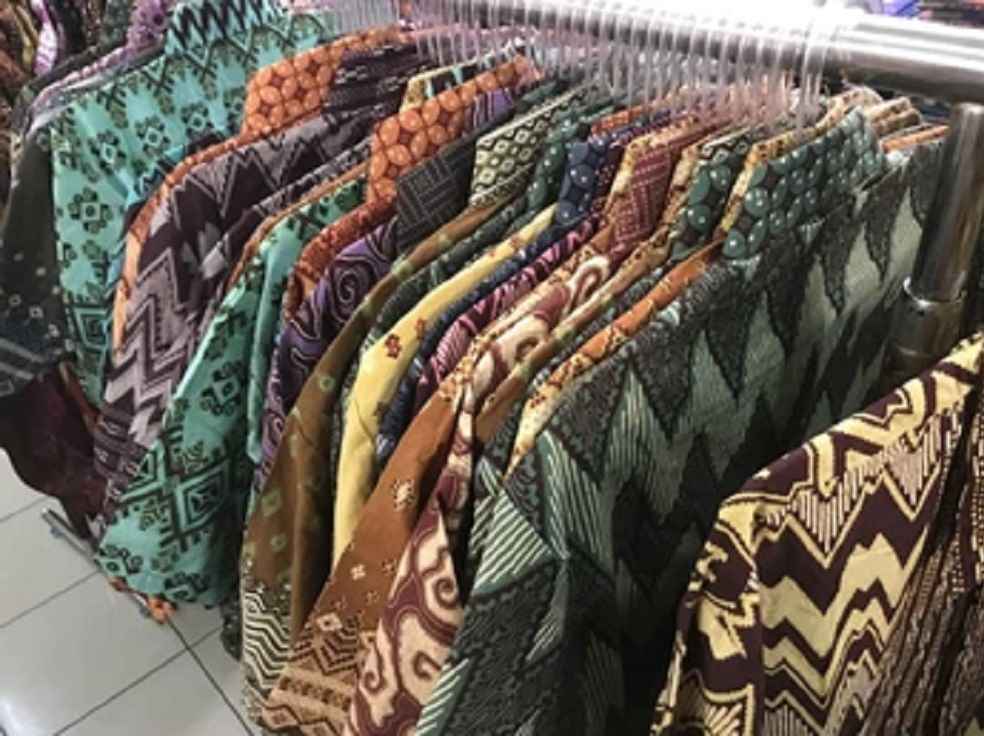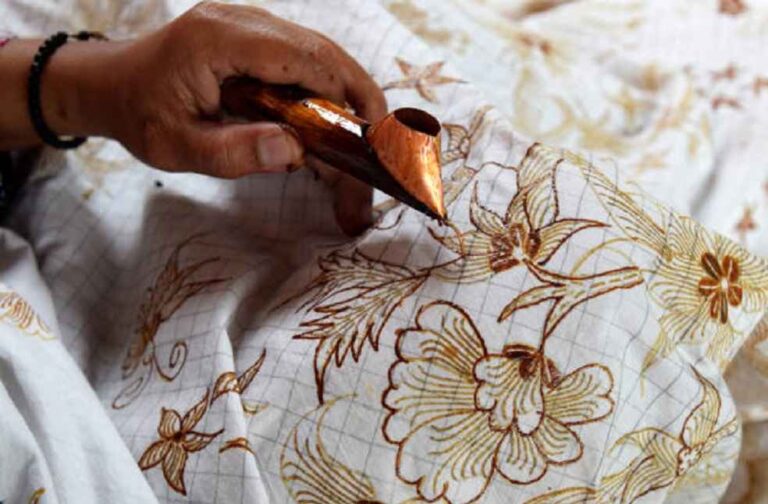Indonesia’s batik exports fell by 8.39% year-on-year in the second quarter of 2024, according to the Ministry of Industry (Kemenperin). The decline in fabric exports is linked to global geopolitical influences, explained Reni Yanita, Director General of Small and Medium Industries and Various Industries (IKMA).
“The decreased exports are suspected to be due to global or geopolitical influences, as batik is not only a fashion item but can also be applied as home decor,” Reni told Tempo on October 5, 2024.
Despite the government’s relaxation of batik imports through Trade Minister Regulation (Permendag) Number 36 of 2023, Reni clarified that this regulation was unrelated to export performance, as it only pertains to imports.

Amid challenges in the batik sector, Indonesia’s broader textile and textile product (TPT) industry is optimistic about growth, particularly in the European Union market. Agus Ginanjar, from the Directorate of Textile, Leather, and Footwear Industries at the Ministry of Industry, highlighted opportunities presented by the upcoming Indonesia-European Union Comprehensive Economic Partnership Agreement (IEU-CEPA).
“Especially with the imminent implementation of the IEU-CEPA (Indonesia-European Union Comprehensive Economic Partnership Agreement),” Agus said on September 12, 2024, in Solo, Central Java.
Agus noted that Indonesia could capitalize on the economic difficulties faced by Bangladesh, a major competitor in the European textile market. He urged Indonesia to expand exports to Europe, emphasizing the nation’s competitiveness.
“We can further boost our exports, especially to that European market,” he stated.

Agus also pointed out that Indonesia’s TPT industry is one of only three globally, alongside China and India, fully integrated from upstream to downstream, covering fibers, yarns, fabrics, and finished garments.
Deputy Chairman of the Indonesian Textile Association (API) in Central Java, Liliek Setiawan, highlighted the importance of the TPT industry, noting it was the largest non-oil export contributor in 2023, generating $14.22 billion even during the COVID-19 pandemic. The sector also employed about 4.5 million workers, serving as a vital social safety net.
Looking forward, Liliek hopes the TPT industry can reach $48 billion in exports by 2030, increasing market share from 1.47% to 5%.
The Indonesian government and industry players remain optimistic that, by focusing on new markets, especially in Europe, the TPT industry, including batik, can overcome challenges and continue to grow.
TEXTILE & APPAREL | India’s Apparel Sector: A Goldmine For Investors



